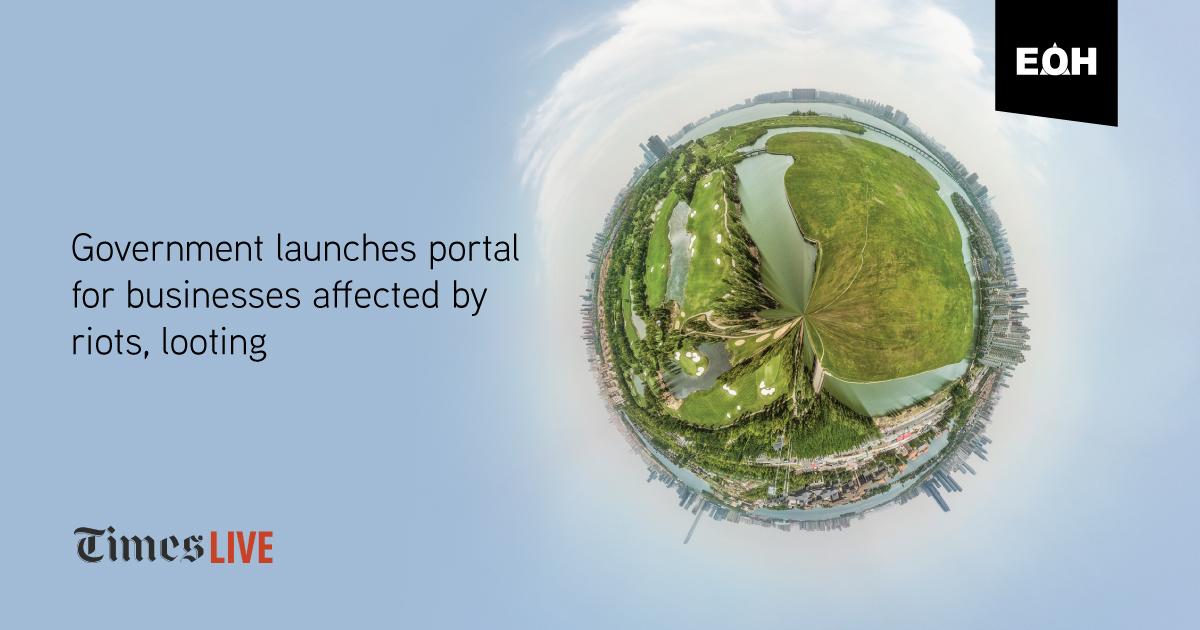The government is starting a portal for businesses affected by the July looting mayhem. It’s to establish the extent of damage, especially to small and medium businesses — and to see if more support is needed.
The portal will open on Monday and will encourage businesses affected by the unrest to register and disclose their losses.
Many of the hardest hit are likely to be businesses that are small, informal, uninsured and not registered with the taxman. They might be wary of signing on to a government portal. But Treasury deputy director-general Ismail Momoniat said the government would not use the information beyond support measures, as long as applicants did not give false information.
“We have talked to various authorities, as well as the short-term insurers and the banks, but we realise there are still huge gaps in the information we have on the extent of damage suffered by businesses, including micro businesses such as spaza shops operating from people’s houses,” said Momoniat.
“We want to see the extent of the damage, so we can make more informed decisions about whether government should review the support mechanisms currently in place — or improve the support facilities.”
President Cyril Ramaphosa promised on July 25 that the government would help businesses recover. The Treasury allocated R3.75bn to the department of trade, industry & competition (DTIC), the Industrial Development Corporation and the National Empowerment Fund to support this recovery and also economic rebuilding.
These agencies have started several programmes, but indications are that the take-up has been low.
A July survey by the DTIC found that 698 businesses were affected by the looting and violence in Gauteng and KwaZulu-Natal. The cost to businesses was estimated at R4.8bn.
The businesses — in manufacturing, retail and services — reported lost orders of R21bn over the next 12 months with potential job losses put at 8,665.
Of the respondents, 57% had insurance but 43% did not, according to the survey, which pointed out that the uninsured were the most vulnerable and in need of support. The largest numbers of uninsured businesses were based in Johannesburg, eThekwini and Ekurhuleni.
Sasria, the state-owned insurer that provides riot and unrest cover for businesses, told Business Day this week it expected the total claims for the July unrest to reach R20bn-R24bn. So far about R2bn has been paid out.
Ramaphosa made it clear that the government would ensure Sasria could meet all claims and the Treasury has so far allocated R3.9bn to bolster the insurer’s balance sheet. It is committed to providing more money if necessary.
Momoniat said the concern was with uninsured small and micro businesses. The government was working with banks and short-term insurers and others in financial services to assess how these businesses could best be helped.
“It matters a lot in terms of local communities,” he said. “The businesses that suffered damage were often providing crucial lines of supply and services to households in their areas.”
At this stage the new portal is primarily a survey, but if the government were to allocate more money, or optimise the use of existing funds, it would be to businesses that were registered on the portal.
The new portal is named the Government Business Loss Registration Portal. Momoniat said suggestions of a more appealing name would be welcomed.
